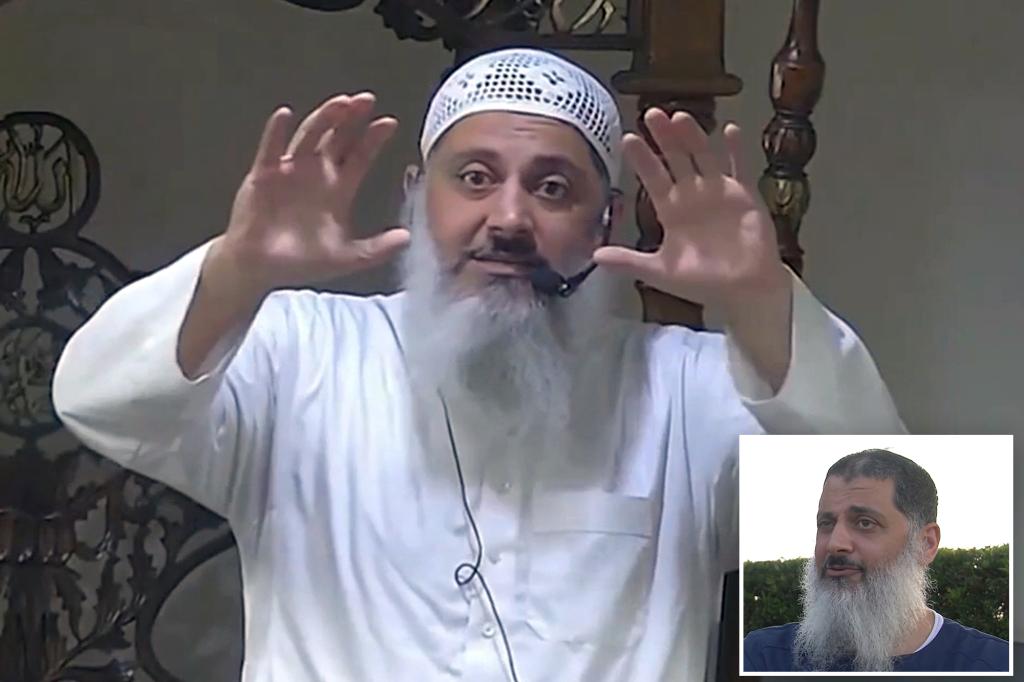Dr. Fadi Kablawi, a Florida dentist and Miami Imam, recently sparked outrage with a sermon in which he made vile and antisemitic remarks, calling Israel’s military “worse than the Nazis” and asking Allah to “annihilate” the Jews. In the sermon, Kablawi accused Israel of stealing organs and skin from people, including those in Haiti. He referred to the Israelis as the “brothers of apes and pigs,” making disturbing statements in a prayer that was translated by MEMRI TV, a media arm of the Middle East Media Research Institute.
The video of Kablawi’s sermon quickly went viral, leading to many calls for his license to be suspended and for criminal investigations to be conducted. Florida state Rep. Randy Fine sent a letter to Florida’s board of dentistry demanding the suspension of Kablawi’s license and a thorough investigation into his practice. Fine expressed concern for the safety of Jewish residents in North Miami, where Kablawi practices, due to his hateful remarks.
Fine also mentioned previous instances of Kablawi’s antisemitism, where he had made similar remarks in other sermons. Kablawi defended his comments, stating that he was simply praying and not calling for violence. He argued that his words were directed towards the “tyrannical criminals” who were harming his people, rather than the Jewish population as a whole. Kablawi expressed frustration over the backlash he faced, claiming that his prayer was misconstrued and that targeting his license was unethical.
The controversy surrounding Kablawi’s sermon highlights the dangerous impact of hate speech and the responsibility professionals have in maintaining a respectful and inclusive environment. The calls for his license suspension and investigation raise important questions about the line between free speech and incitement of violence, particularly in a profession where trust and ethics are paramount. Kablawi’s remarks have reignited discussions about antisemitism and Islamophobia, emphasizing the need for unity and understanding in a diverse society.
As the situation continues to unfold, it remains to be seen what actions will be taken against Kablawi and how this incident will impact the community at large. The backlash against the dentist serves as a reminder of the power of words and the importance of promoting tolerance and acceptance in a world that is becoming increasingly polarized. Moving forward, it is essential for both individuals and institutions to address hate speech effectively and work towards fostering a more inclusive and respectful society for all.













